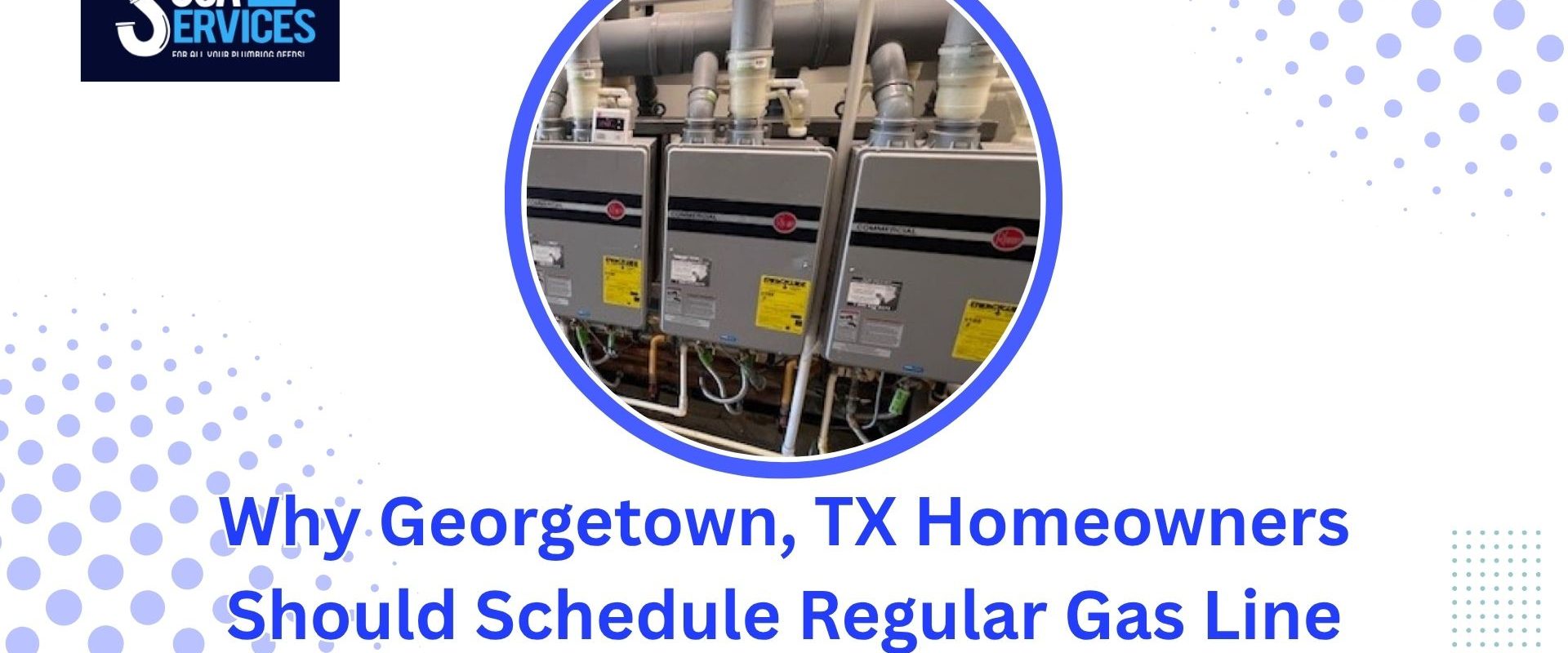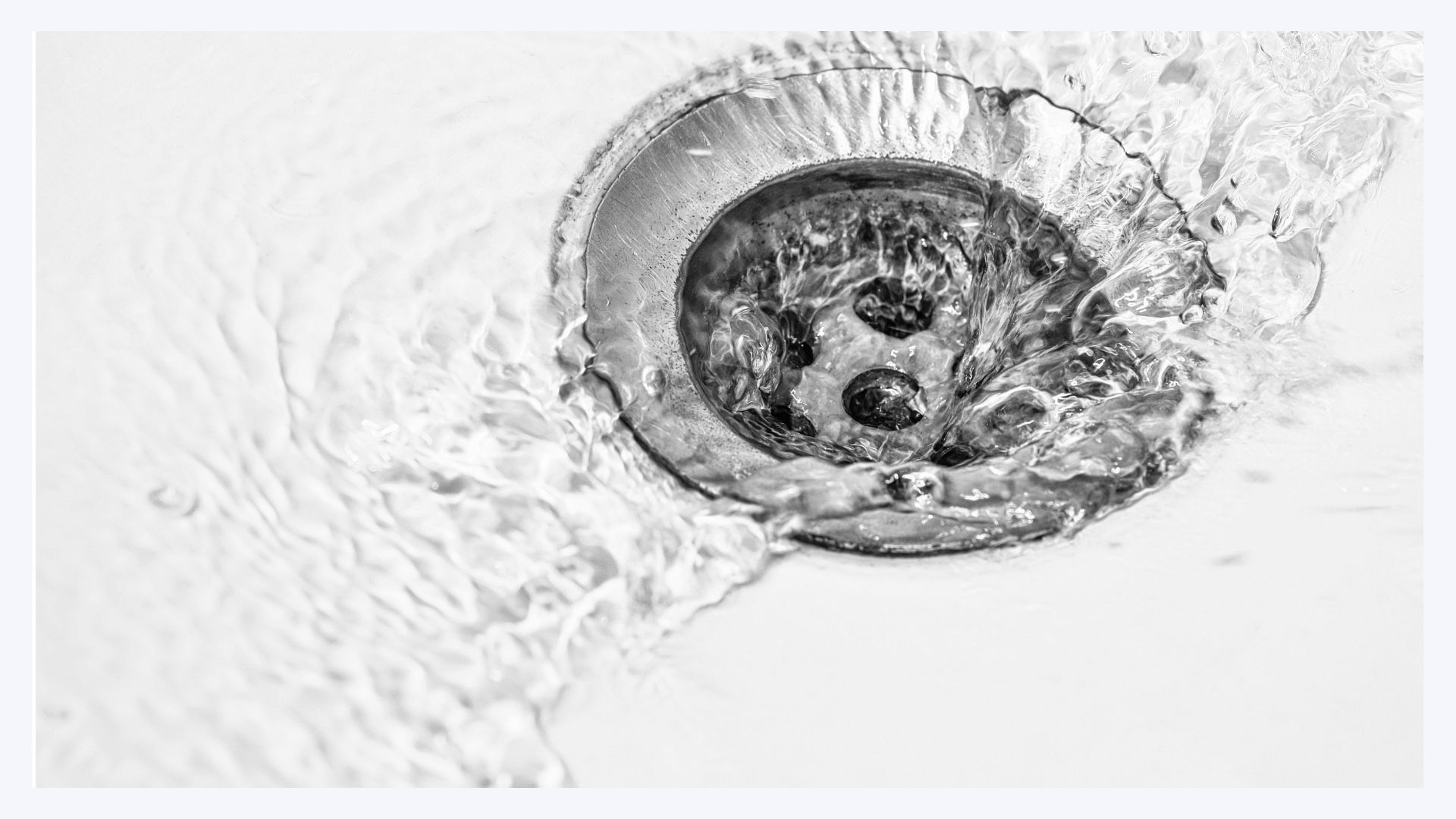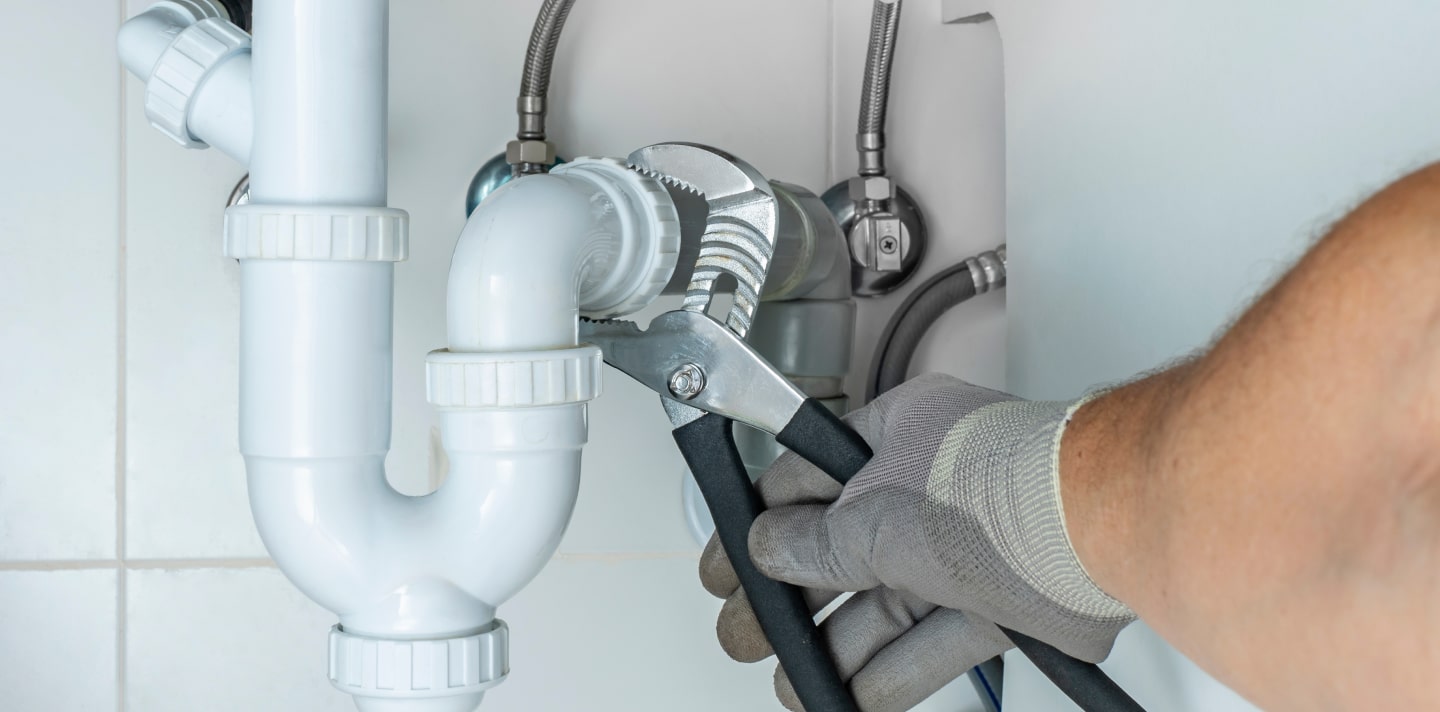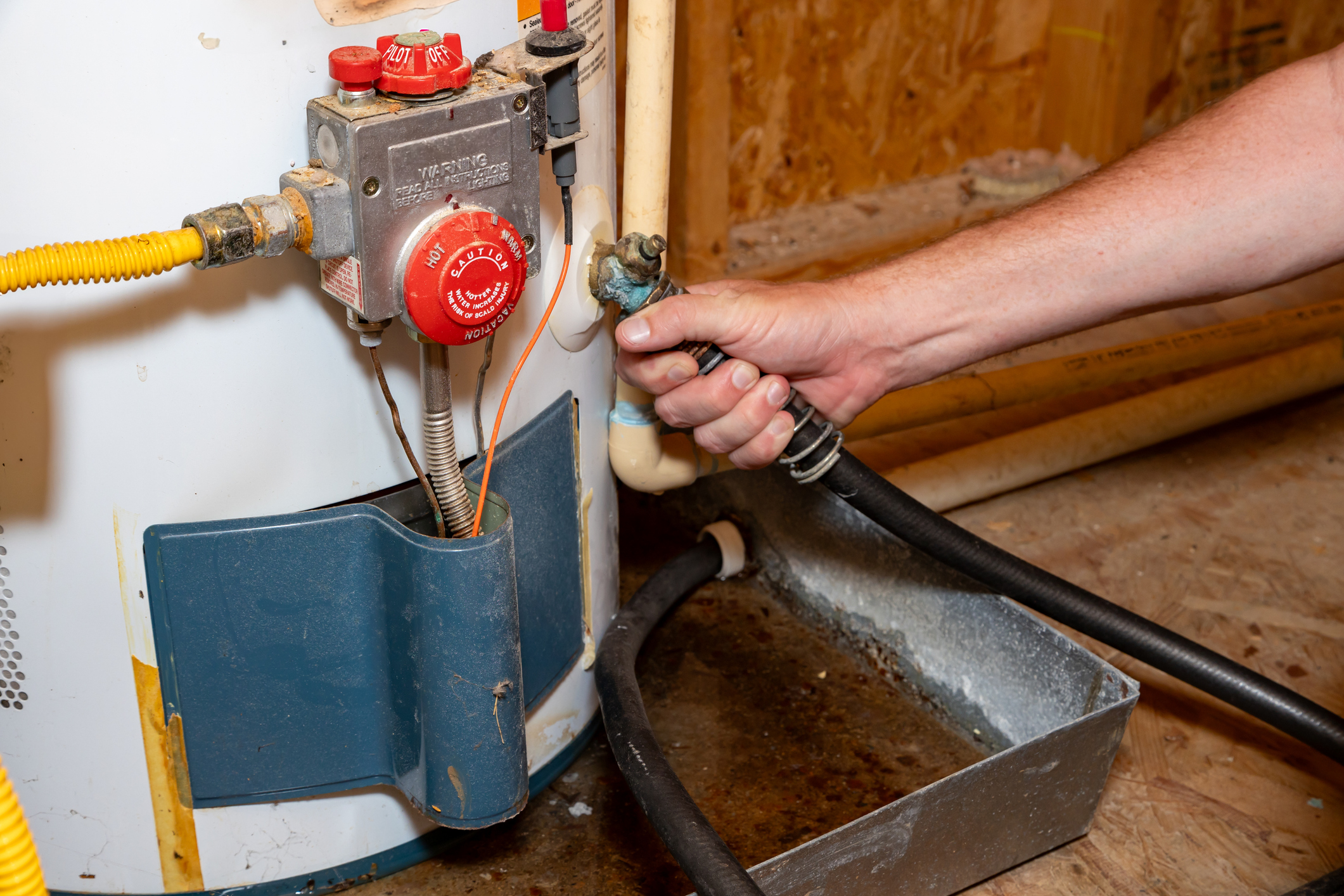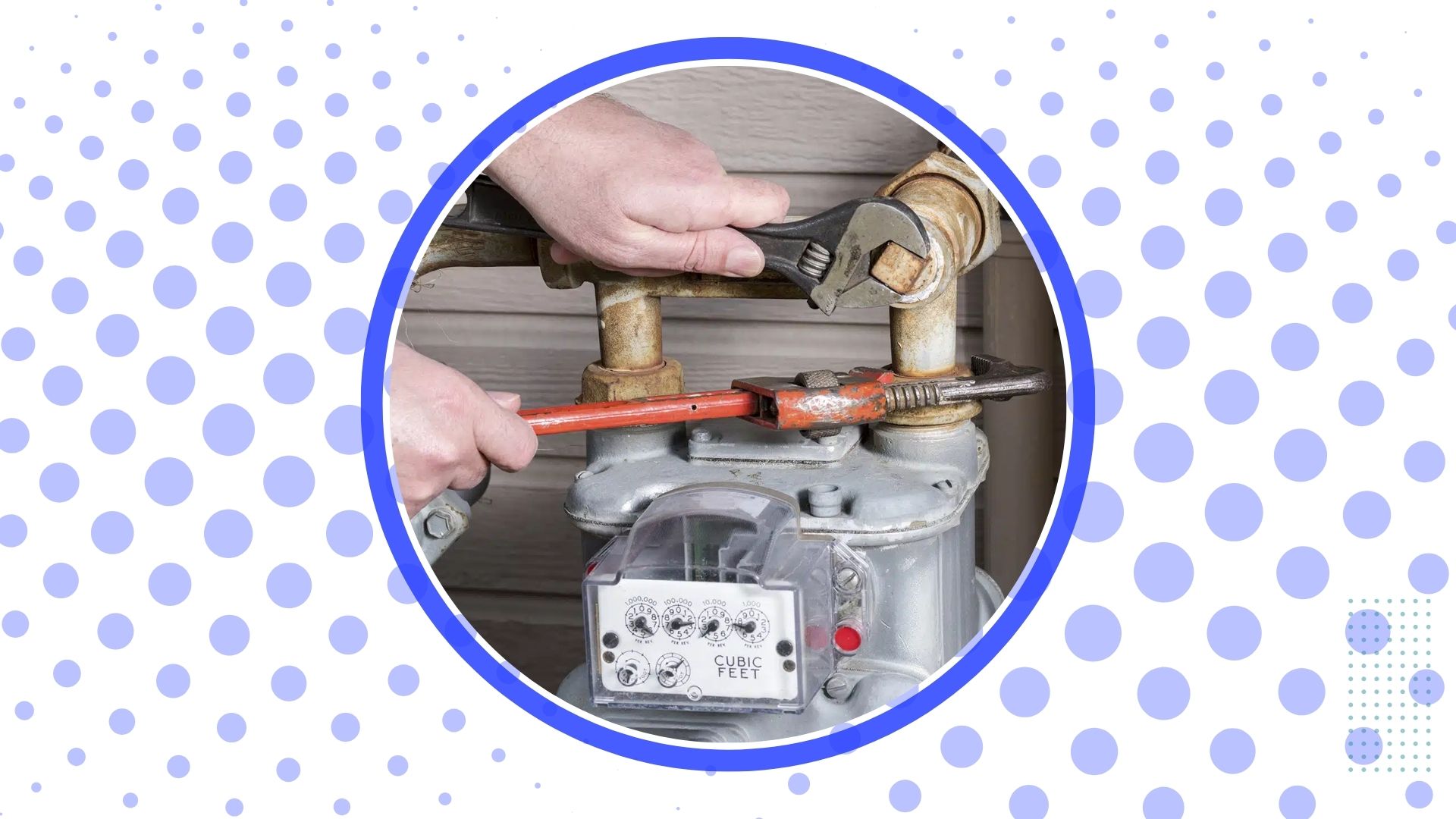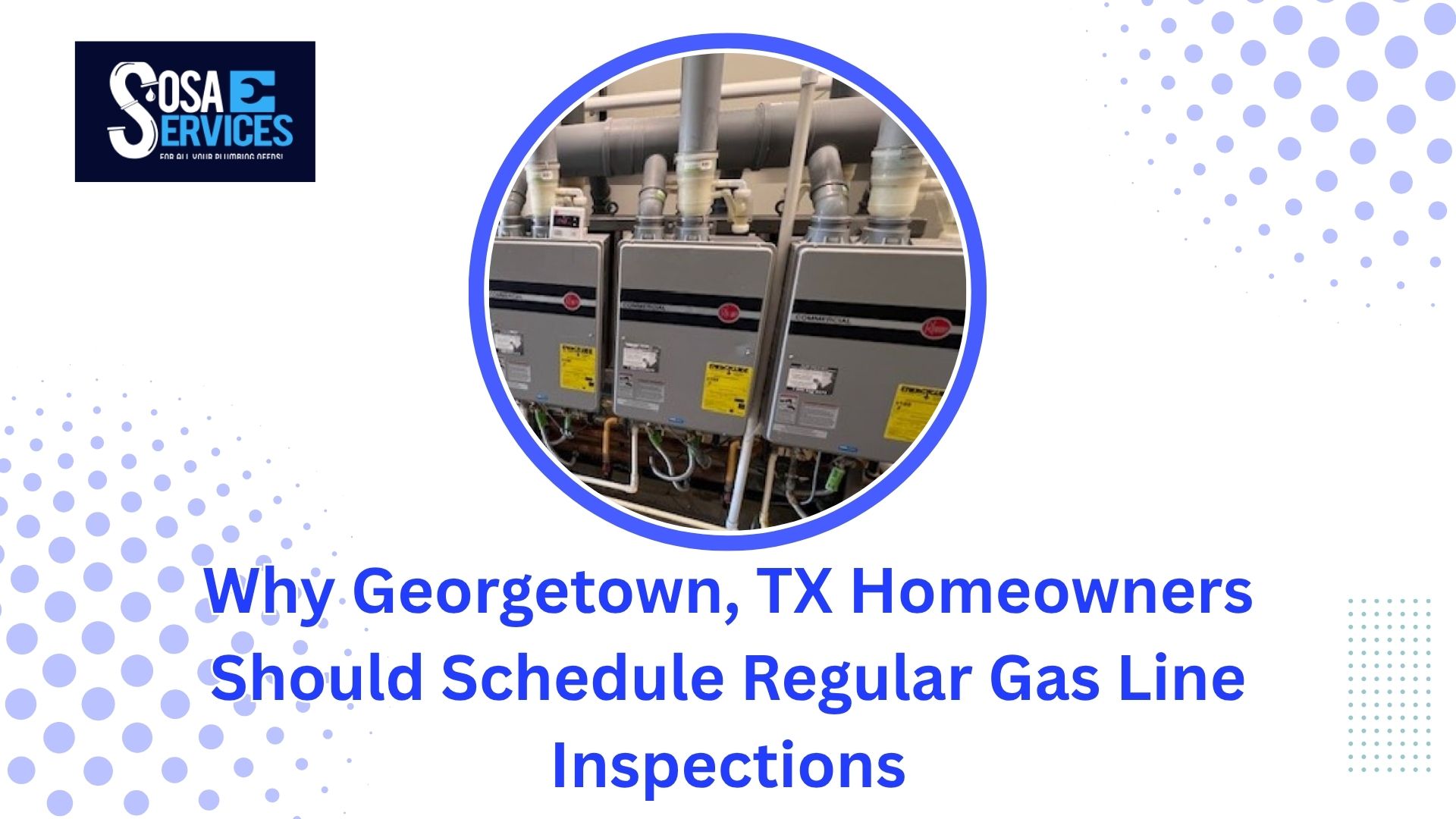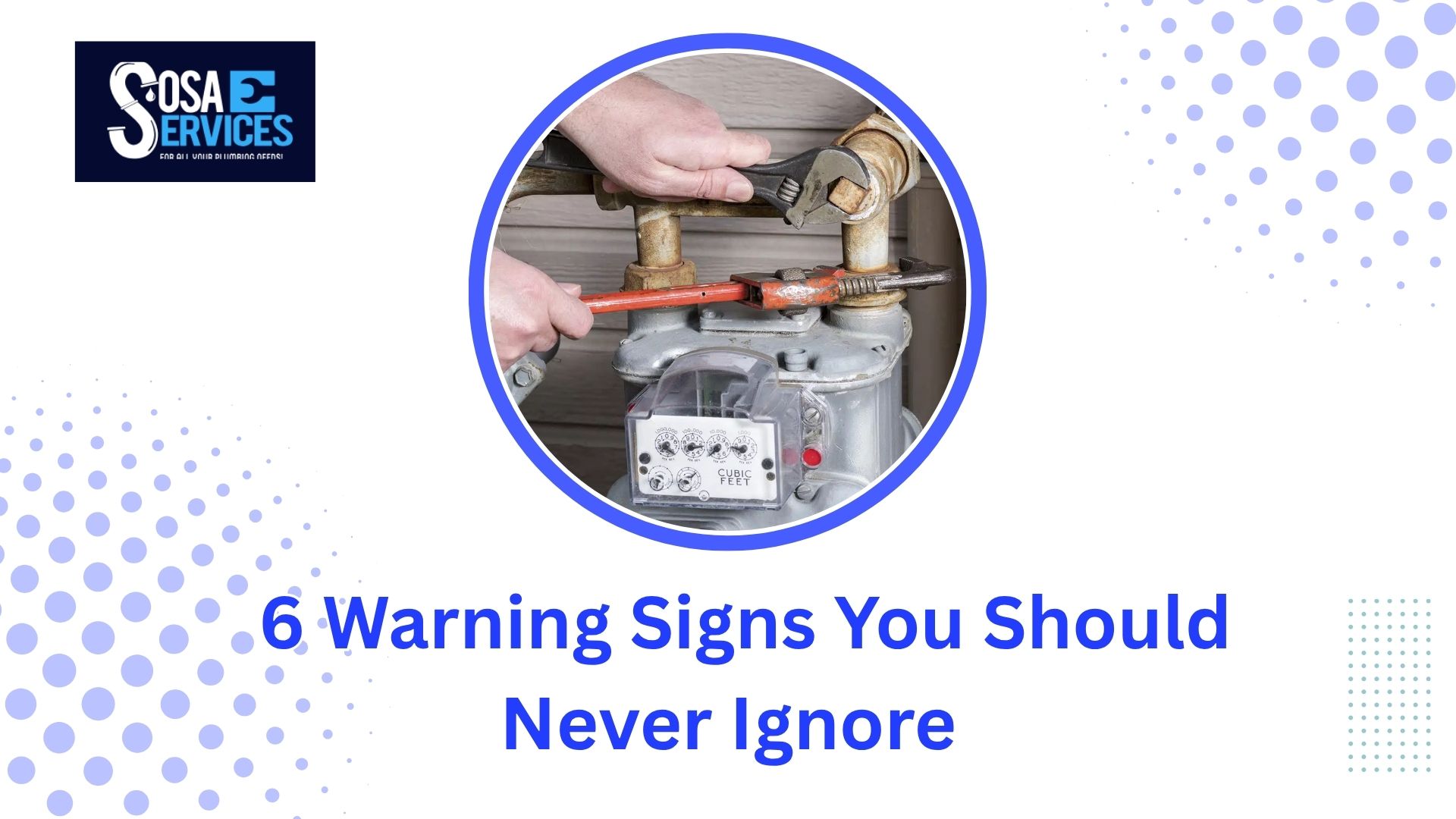Georgetown homeowners must prioritize regular gas line inspections to ensure safety and prevent potential hazards. Undetected gas leaks can lead to serious health risks and property damage, making routine check-ups vital for maintaining peace of mind. By scheduling these inspections, you not only protect your home but also enhance its value through proactive maintenance. Stay ahead of potential issues and safeguard your loved ones by ensuring your gas lines are in optimal condition.
Key Takeaways:
- Regular inspections help identify potential gas leaks early, ensuring safety for residents.
- Routine checks can improve system efficiency, potentially lowering energy costs.
- Compliance with local regulations is maintained, avoiding legal issues for homeowners.
Importance of Gas Line Safety
Ensuring gas line safety in your home protects not only your property but also your family. Regular inspections help prevent leaks and malfunctions that can lead to serious hazards, including fires or explosions. By prioritizing safety, you invest in peace of mind and the overall well-being of your household.
Understanding the Risks
Gas leaks can occur silently and without immediate detection, posing a significant risk to you and your loved ones. Exposure to natural gas can lead to health issues such as headaches, dizziness, and in severe cases, asphyxiation. Fires can ignite without warning, emphasizing the necessity of understanding and mitigating these risks.
Common Gas Line Issues
Common gas line issues include corrosion, loose fittings, and improper connections, which can develop over time due to wear and tear. Identifying these problems early on through regular inspections can prevent potential disasters and ensure the safe operation of your appliances.
Corrosion can lead to significant deterioration, making pipes prone to leaks. Loose fittings often result from temperature fluctuations, creating gaps that may release gas into your home. Additionally, improper connections can arise during installation or repairs, putting your safety at risk. These common issues highlight the need for vigilant inspections to catch problems before they escalate, ultimately safeguarding your home and loved ones.
Benefits of Regular Inspections
Regular gas line inspections provide numerous benefits that protect both your home and your family. These assessments catch potential issues early, ensuring that your gas line operates efficiently and safely. By scheduling these inspections, you mitigate risks of gas leaks and associated hazards, creating a secure environment for everyone in your household.
Preventative Maintenance
Routine inspections serve as preventative maintenance that identifies minor problems before they escalate into major concerns. Technicians can detect signs of wear, corrosion, or improper connections, allowing for timely repairs. This proactive approach not only protects your property but also bolsters the longevity of your gas line system.
Cost Savings Over Time
Investing in regular inspections leads to cost savings over time by preventing emergency repairs and expensive damages. Homes with well-maintained gas lines typically encounter fewer issues, reducing the likelihood of costly interventions and prolonging the lifespan of your gas appliances.
The initial investment in routine gas line inspections pays dividends by avoiding larger repair bills down the line. For instance, a minor leak detected early can save you hundreds of dollars in repair costs and prevent damage to your home. Studies show that homeowners who schedule annual inspections spend approximately 30% less on unexpected gas-related repairs compared to those who do not. Consistent maintenance not only enhances safety but ultimately leads to significant financial savings as issues are managed before they escalate.
What to Expect During an Inspection
Scheduling a gas line inspection entails a systematic evaluation by a qualified technician to ensure your system is functioning safely and efficiently. You can anticipate a detailed examination of your gas appliances, pipelines, and connections. Technicians will utilize specialized tools to identify any leaks or potential hazards, ensuring peace of mind for your household.
Inspection Process Overview
The inspection begins with a visual assessment of the gas appliances and their connections. Afterward, the technician employs pressure testing to check for leaks and ensures all systems comply with local safety regulations. This thorough approach guarantees that your gas line operates safely and efficiently.
Key Areas of Focus
Technicians concentrate on critical areas, including gas appliances, valve integrity, pipe condition, and ventilation systems. These components are pivotal to the overall safety and functionality of your gas system.
Gas appliances, such as furnaces, water heaters, and stoves, are first on the checklist for potential hazards or inefficiencies. Valve integrity is examined to prevent leaks and ensure proper shut-off functionality. The condition of pipes is assessed for any signs of corrosion or damage, as compromised pipes can lead to serious safety issues. Ventilation systems are also evaluated, ensuring there’s adequate air supply for appliances to function correctly and safely, thus preventing carbon monoxide buildup in your home.
Frequency of Inspections
The frequency of gas line inspections directly impacts your safety and peace of mind. Regular assessments can identify potential issues before they escalate into serious hazards. Homeowners are encouraged to schedule inspections at least once a year to ensure everything is functioning properly, although specific circumstances may require more frequent evaluations.
Recommended Schedule
For most homeowners, a yearly inspection is recommended to keep your gas lines in optimal condition. This schedule helps detect minor leaks or corrosion and allows for timely maintenance. However, if you experience any gas-related issues, arranging for an inspection sooner is advisable.
Factors Influencing Inspection Frequency
Your inspection schedule may vary based on several factors, including the age of your home, the condition of your gas lines, and usage patterns. Older homes typically require more frequent evaluations due to the potential for wear and tear. Additionally, if you have recently remodeled or changed your gas appliances, it’s wise to reassess your system. The
- age of your home
- condition of your gas lines
- usage patterns
Consider factors such as previous leaks, environmental conditions, and any recent installation of new gas appliances. Each can significantly impact your gas line integrity. The
- previous leaks
- environmental conditions
- installation of new gas appliances
Choosing a Professional Inspector
Finding a qualified gas line inspector is crucial for maintaining your home’s safety and efficiency. Look for professionals who are licensed, insured, and have a solid reputation in Georgetown. They should be familiar with local codes and regulations, as well as the latest technologies in gas line evaluation. Expert inspectors can help identify potential issues before they become hazardous, ensuring your home remains secure and compliant.
Qualifications to Look For
Seek inspectors with formal education and certifications in plumbing or gas system inspections. Ideally, they should possess experience in residential gas line work and a strong understanding of local building codes. Membership in relevant professional organizations can also indicate a commitment to ongoing education and industry standards, making them more reliable for your inspection needs.
Questions to Ask
Inquire about their experience, licensing, and insurance coverage before hiring an inspector. Ask how long they’ve been in business, the types of inspections they perform, and if they provide a detailed written report after their evaluation. This can help gauge their level of expertise and commitment to transparency in the inspection process.
Specific questions can provide deeper insights into an inspector’s qualifications. For example, ask about their most common findings during inspections and how they handle potential issues. Understanding their approach to problem-solving can reveal how well they communicate and whether they prioritize homeowner safety. Additionally, request references from previous clients to assess their reliability and effectiveness in addressing gas line concerns. Tailored inquiries ensure you select an inspector who aligns with your needs and expectations, enhancing your peace of mind.
Gas Line Inspection Regulations in Texas
Overview of State Laws
In Texas, gas line regulation falls under the Texas Railroad Commission, which mandates that all gas utilities adhere to safety standards in distribution and maintenance. Homeowners must ensure that their gas installations comply with the National Fuel Gas Code (NFPA 54) and relevant local ordinances, which outline installation procedures and safety practices to prevent leaks and hazards.
Compliance and Liability
Failure to comply with state regulations can expose you to significant liabilities, including fines and potential damages resulting from gas leaks or incidents. Texas law supports strict compliance with safety protocols, making it necessary for homeowners to schedule regular inspections and maintain documentation to demonstrate adherence to safety standards.
Non-compliance not only poses safety risks but can also lead to substantial financial repercussions. In Texas, you could face fines ranging from hundreds to thousands of dollars if your gas line fails an inspection due to negligence. Additionally, if a gas leak occurs and is traced back to improper maintenance, your insurance may not cover damages. Therefore, maintaining compliance through regular inspections is financially prudent and necessary for your family’s safety.
Conclusion
Gas line inspections aren’t just a formality — they’re a vital part of keeping your Georgetown, TX home safe, compliant, and efficient. Regular evaluations ensure that small issues like corrosion, loose fittings, or minor leaks are detected before they escalate into dangerous or costly emergencies.
At Sosa Plumbing Services, we provide comprehensive gas line inspections, leak detection, and repair for homes throughout Georgetown and surrounding Central Texas areas. Our certified technicians follow all state and local safety regulations to keep your system running securely year-round.
Don’t wait until there’s a problem — stay proactive and protect your family.
📞 Call Sosa Plumbing Services today to schedule a professional gas line inspection in Georgetown, TX, or request a same-day service online.
Your safety and peace of mind start with one call.
